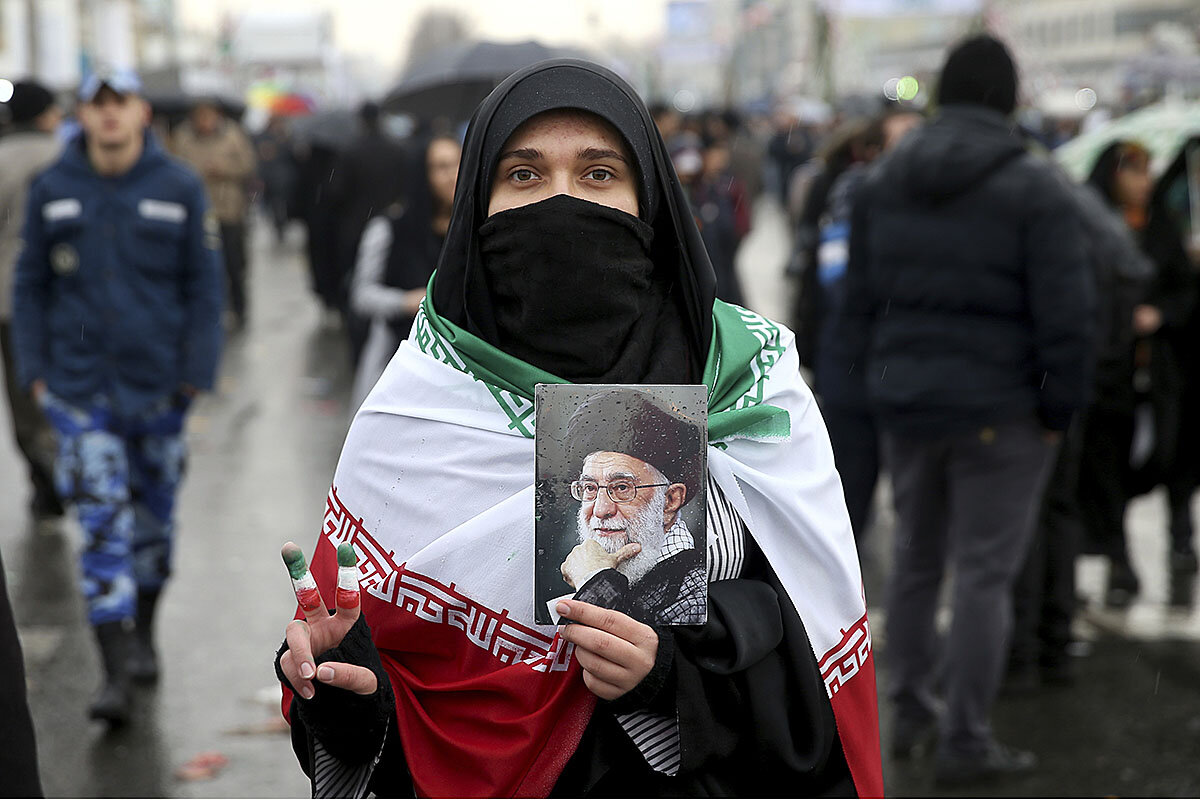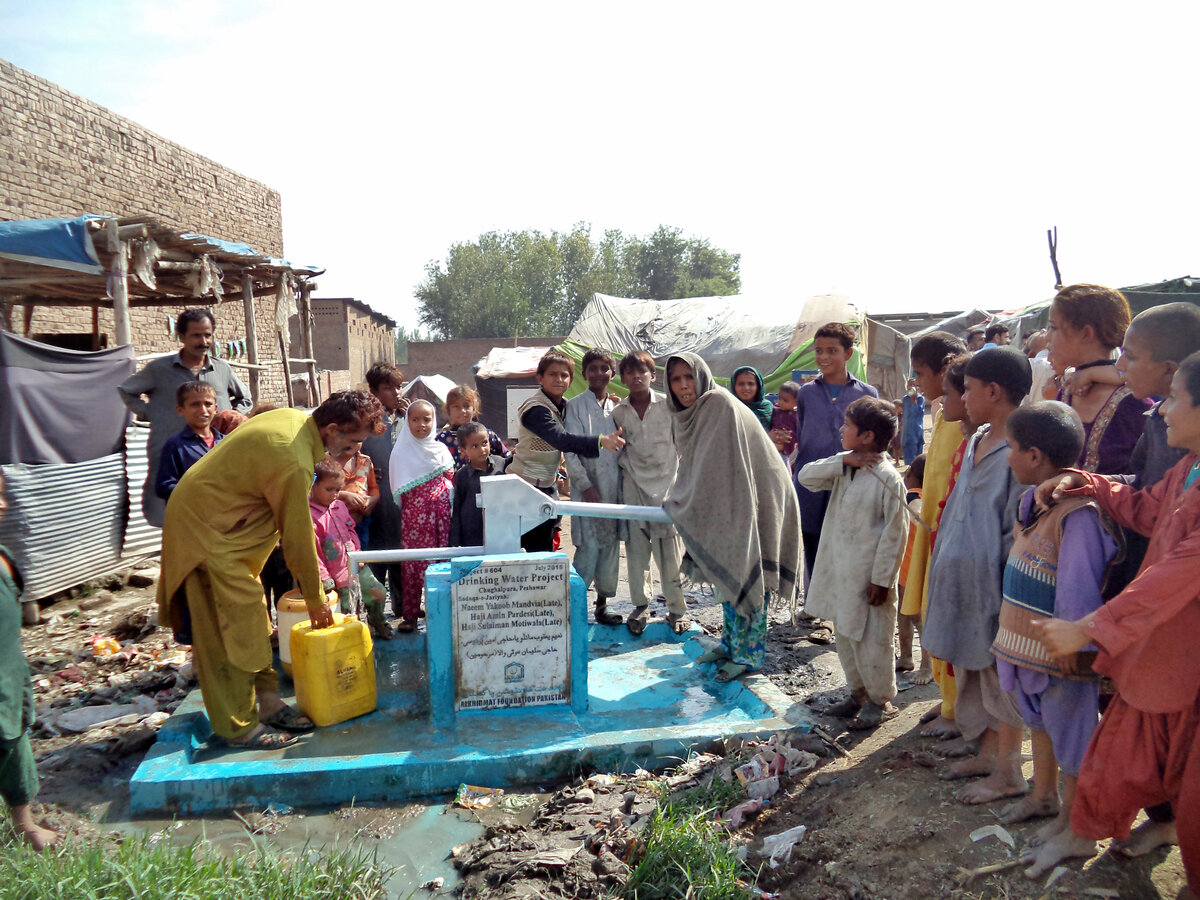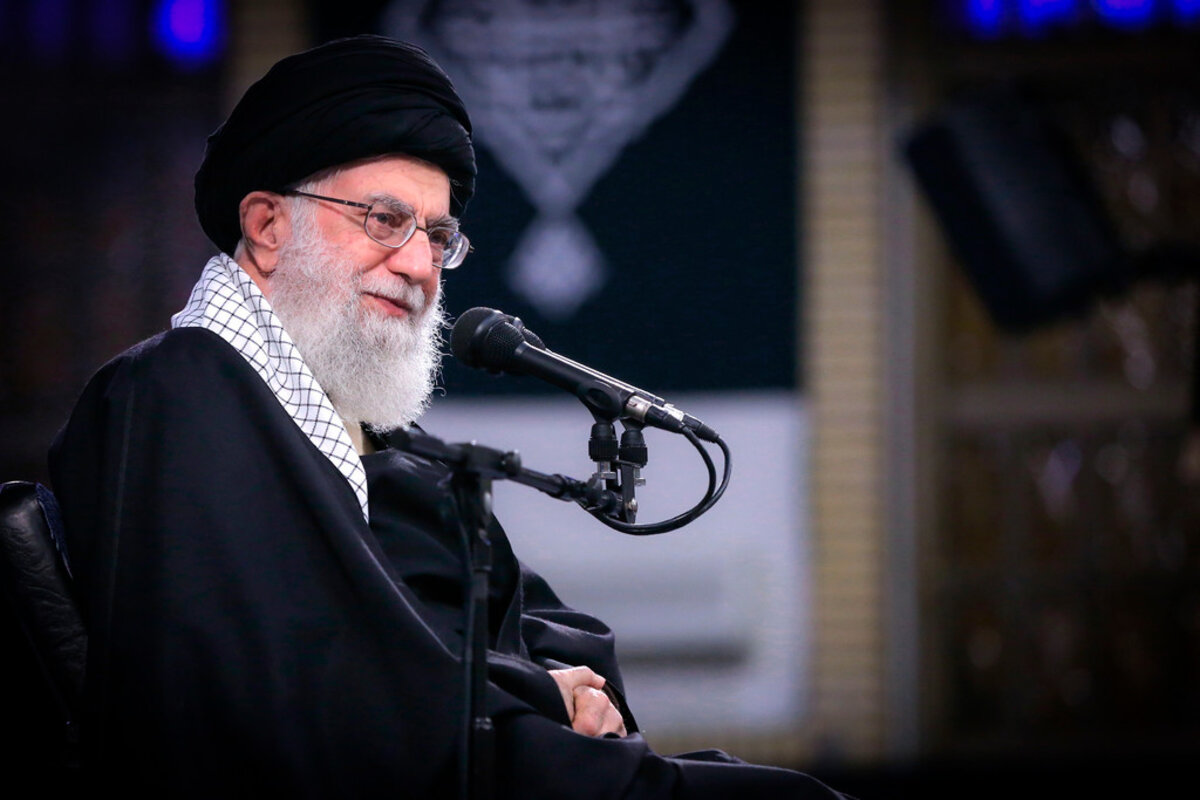The Islamic Revolution promised justice and prosperity. In the eyes of many Iranians, it delivered security but little else. The question now: What will a people do with their disillusionment?
Monitor Daily Podcast
- Follow us:
 Clayton Collins
Clayton Collins
Welcome to the top of another go-go news week.
Many of the headlines will expose divides. So let’s take a moment to think about how compassion and community share a prefix that means “together.”
Here’s some inspiration, in two acts:
In Toronto, Rabbi Zale Newman befriended a Holocaust survivor named Eddie Ford. Mr. Ford had no network, so Mr. Newman had promised to arrange for him a Jewish funeral. The time for that came. Newman needed 10 men – for the next day. It would be 16 below zero.
Newman turned to Facebook and rounded up a few kind souls, then went to bed figuring that would have to do.
Two hundred people would turn up at the graveside.
“I’m not a mushy guy,” “But I went home and cried for an hour.”
Sometimes community just happens. Sometimes it’s more intentional.
Glenda and Raphael Savitz moved to Newton, Mass., in 2016. Their daughter, Samantha, arrived a few months later. Samantha was born deaf. Her parents set about learning to sign in order to perform every parent’s task: assisting development and growth.
What they didn’t know was that about 20 neighbors would, too. Not wanting to be denied a connection to the newest child in their midst, they quietly hired an instructor and worked on proficiency. And now, the dividends.
“American Sign Language has become the second tongue now spoken on one end of Islington Road,” . “Why? Because that’s Samantha Savitz’s language. And there was no way her neighbors were going to let her practice it alone.”
Now to our five stories for your Monday.










